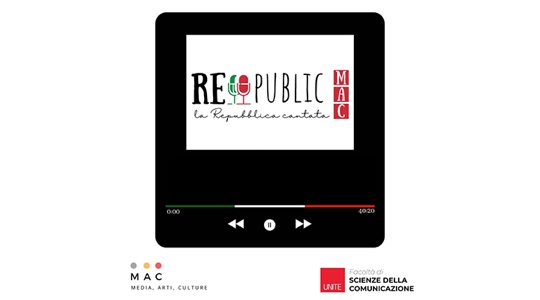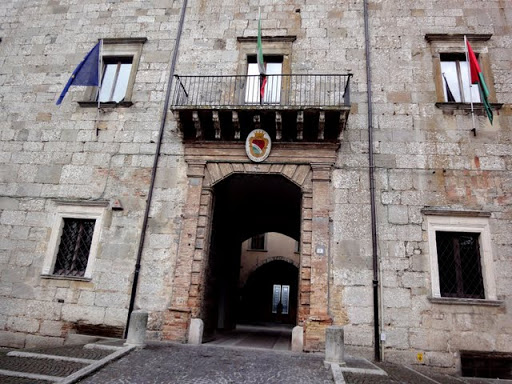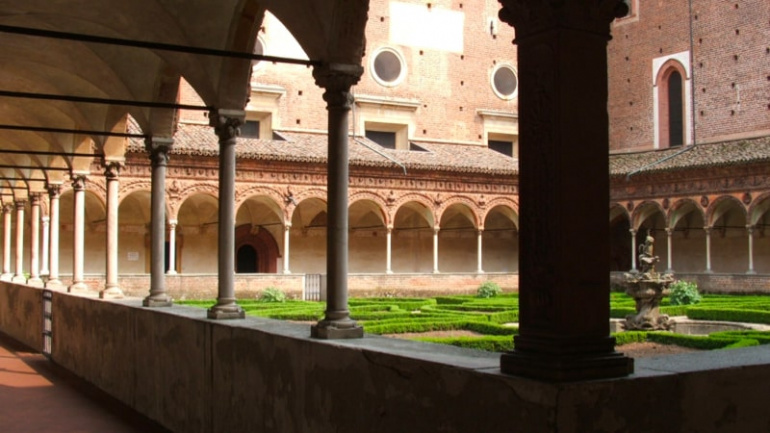Cultural Heritage
In today’s world, the term ‘cultural heritage’ often takes on undefined contours. However, Europe has had an important document since 2005: the “Council of Europe Framework Convention on the Value of Cultural Heritage for Society” (https://www.coe.int/en/web/conventions/full-list/-/conventions/treaty/199) approved in Faro in 2005 and ratified to date by 19 member States of the Council of Europe, including Italy.
The Convention of Faro is based on the assumption that knowledge and use of cultural heritage is a human right, in particular the right of the individual to participate freely in the cultural life of the community and to enjoy the arts.
The ‘right to cultural heritage’ recognises individual and collective responsibility for cultural heritage and emphasises the importance of its preservation and its role in building a peaceful and democratic society.
Hence both the value and potential of cultural heritage as a resource for sustainable development and quality of life, and the commitment to recognise its public interest and to value it.

The Route of Baroque in “Spanish” Italy and in Spain Spanish Italy and Spain were great protagonists of Baroque culture in Europe and in the world. Knowing and loving the testimonies of the Baroque is a fundamental step towards the protection and enhancement of this…

“Re-public – la Repubblica cantata” is a podcast that tells the story of Italy in the 20th century through its songs. It consists of five episodes, one for each decade, from the reconstruction to the 1990s-2000s. How to listen to the podcast: On Google Podcast; On Spotify.…

The project aims to create a virtual museum, with the main goal of bringing back to life the aristocratic lifestyle of Naples’ Kingdom, starting from the reconstruction of Acquaviva’s palaces.

The research activity concerns the study in historical perspective of the presence of the main families of the Franciscan order (conventuals, minors, Capuchins) in Abruzzo.

The work presented here is articulated around two main objectives, one more properly scientific-academic, one of an industrial-applicative nature.
